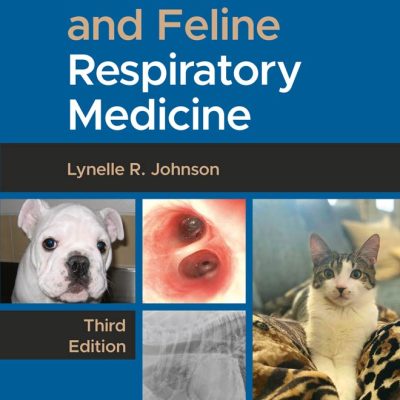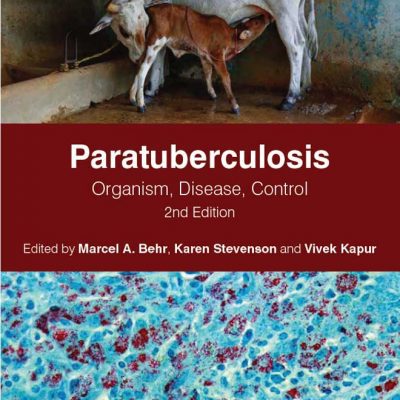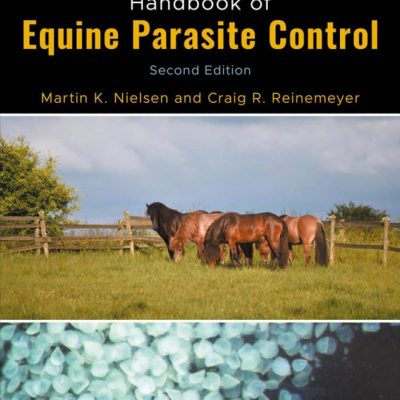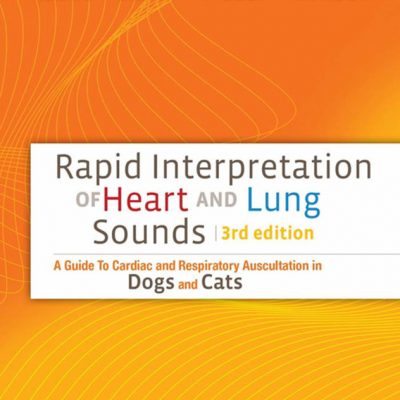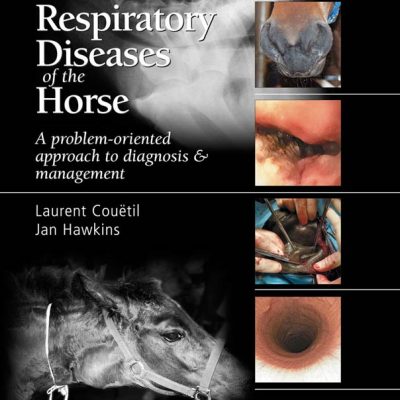
Cardio-Respiratory Control in Vertebrates
by Mogens L. Glass, Stephen C. Wood
July 2009

The focus of this book is the evolution of cardiovascular and respiratory control in vertebrates. Life originated in water, which has constantly changing temperatures and O2 levels. Fish gills can extract up to 80% of their inspired O2, because they have a countercurrent bloodstream. Oxygen sensors have been found within the gill arches of ray-finned fish such as carp and trout, and these O2 sensors screen the inspired water and the capillary blood.
Very likely, land vertebrates and the lungfish arose as a sister group, and both possess real lungs. Lungfish include 6 species, inhabiting shallow lakes or rivers, whereas the second ramification includes all the land vertebrates. A possible ancestor to the lungfish and land vertebrates has been discovered in China, and this fossil (Styloichthys) bridges a gap. Living 417 million years ago, it could represent one of the last ramifications before the common ancestor to the lungfish and land vertebrates. In addition, rather constant atmospheric O2 levels permit a joint acid-base regulation by the lung and the kidney. Likewise, lungfish and land vertebrates share a central control of pulmonary ventilation, while the peripheral receptor contribution to acid-base regulation is minor.
- Readers profit from an integrated and progressive exposition of vertebrate evolution
- Incorporates an amazing amount of new findings on vertebrates

